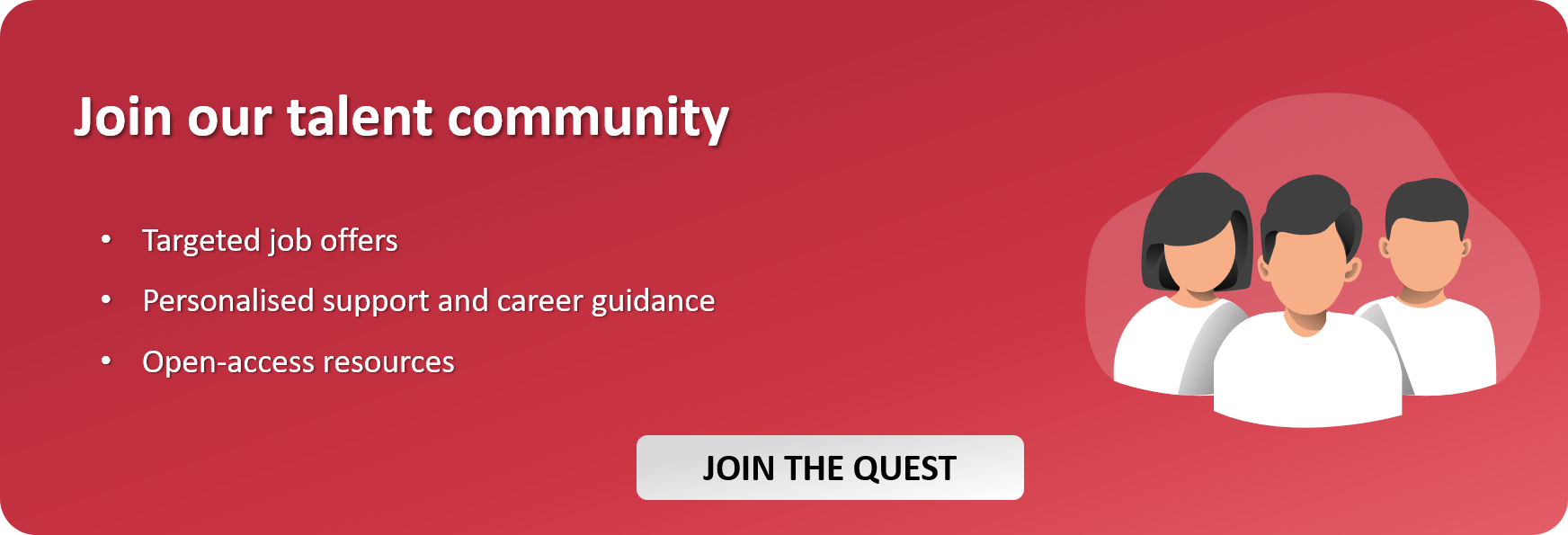Discover out Top 10 of Developers in Belgium to Follow on Twitter. If you are a developer from Belgium ; are looking to become one ; or are simply interested in the topic of web and app creation ; here’s a list with the local experts you should be following on Twitter.
In no particular order. Some are self-taught devs sharing their experiences and advice, others are public speakers and minority advocates. All of them are worth your attention.
Also discover the top 10 of the Best Software Developers in the UK to Follow Online
Top 10 of Developers in Belgium to Follow on Twitter
1. Eva Dee
Eva is an open source and JavaScript expert working as a developer for the video platform VIBBIO. She is an alumna of Rails Girls Summer of Code. A global fellowship program for women and non-binary coders whose aim is to make the open-source community more diverse. Eva also runs a blog, includeJS, where she writes about her journey as a self-taught dev.
2. Pieter Gheysens
Pieter is one of the most active members of the Belgian Visual Studio community, leading the country’s 1,200-member-strong user group. Pieter is also a co-founder of Techorama, a deep knowledge IT conference that attracts about 1,700 every year. A certified Visual Studio MVP and Scrum Master, he has a training and consultancy business (Sparkles) focusing on ALM solutions.
3. Louis Hoebregts
Louis is a front-end specialist who describes himself as more of a doctor/physiotherapist of everything front-end. He is one of the organisers of Creative Front-End Belgium, a space for local developers to meet and talk shop. And he’s always working to help the community with his expert insight. He posts regular content on his site mamboleoo and runs a newsletter about SVG.
4. Brenda Michelle
Although technically from California, Brenda is a Belgium-based front-end developer working towards becoming a full-stack developer. Brenda provides web design services and shares regular tips and tricks to help out other developers. She is also a stay-at-home mom juggling entrepreneurship, learning and motherhood all at the same time. You can check her work and posts here.
5. Jachim Coudenys
Jachim is a PHP expert working as a developer for Combell. He is a Zend Certified Engineer and conference speaker. He is passionate about helping the developer community, serving as a coach for CodeDojo Belgium and enabling his local PHP user group. You can find out more about his work and views on his site.
6. Freek Van der Herten
Freek is a Belgian PHP superstar working as a developer and package creator at web-design agency Spatie. In addition to having built and running various well-established web solutions, Freek is an organiser of Full Stack Europe. Full Stack Europe is a yearly conference that caters to the entire development team across stacks. He blogs at Freek.dev.
7. Dries Vints
Dries is a PHP developer working for the Laravel framework, where he maintains the community portal and builds components like the Blade UI Kit. Like Freek, Dries is an organiser of Full Stack Europe, as well as of, Full Stack Belgium. You can follow his work and adventures on his personal site.
8. Bart Reunes
Bart is a web developer at up-time-as-a service company Nucleus. As a quality assurance engineer, he focuses on developing fool-proof and extendable web applications on- and offline. In this regard, Bart works to help other web devs by maintaining the PHP Quality Assurance and organising the local PHP community. He also volunteers for the Red Cross and CodeDojo Belgium.
9. Pieter Herman
Pieter is a full-stack engineer living in Antwerp. Passionate about new technologies, he has extensive experience managing the complete project lifecycle from requirements gathering through to implementation. His blog posts have been echoed by publications such as Forbes. You can find more about his adventures here.
10. Kenneth Schabrechts
Kenneth is an independent software developer and technical lead at development and consultancy firm Agilix. He is an active member of the Belgian development community. Taking part as a public speaker and regularly posting content on his blog.



